
Selected reviews about elderly care communities
Selected reviews about elderly care communities offer valuable insights into the experiences of residents and their families. These reviews can highlight the strengths and weaknesses of different communities, helping you make an informed decision when choosing the right care for your loved one.

US adult family homes run by foreigners / immigrants not English speaking, not so qualified, is this really happening? Versus at home.
In the U.S., some adult family homes are operated by non-English-speaking immigrants who may lack formal qualifications. While these homes often provide affordable care options, concerns arise about the quality of services compared to traditional facilities. Families must weigh the benefits of cost against potential gaps in care and communication.

Mom keeps losing things and accusing staff of stealing.
A mother frequently misplaces her belongings, leading to tension with the staff who assist her. Frustrated by her constant losses, she begins to accuse them of theft, creating a challenging environment. The situation highlights the emotional strain of her memory issues and the misunderstandings that arise in caregiving settings.
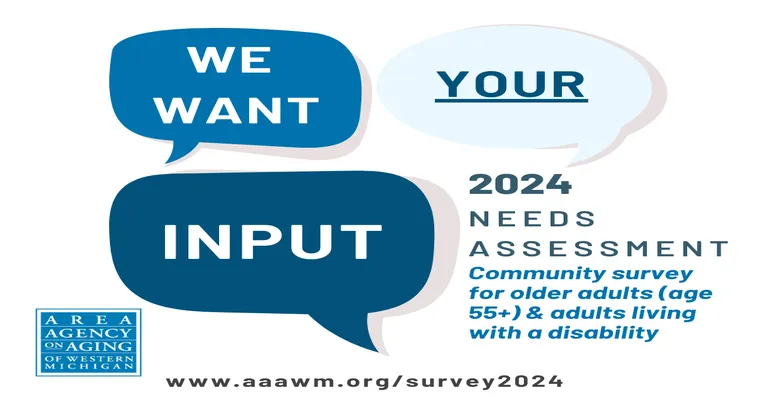
What can we expect when the Area Agency on Aging comes for an assessment?
When the Area Agency on Aging conducts an assessment, expect a comprehensive evaluation of your needs, including health, safety, and social support. They will ask questions to understand your situation, discuss available resources, and create a personalized plan to enhance your quality of life and access necessary services.

Finding a new Kansas case management worker for my mom. Any advice?
Finding a new case management worker for your mom in Kansas involves researching local agencies, seeking recommendations from healthcare providers, and checking online reviews. It's important to ensure the worker has experience with her specific needs, so asking about their background and approach during interviews can help in making a suitable choice.

I live independently and am frightened as body has turned against itself. Where can I find help to plan and discuss future?
Living independently can be challenging, especially when health issues arise. If you're feeling frightened as your body seems to be turning against itself, consider reaching out to healthcare professionals, support groups, or community organizations. They can help you plan for the future and discuss your concerns in a safe environment.
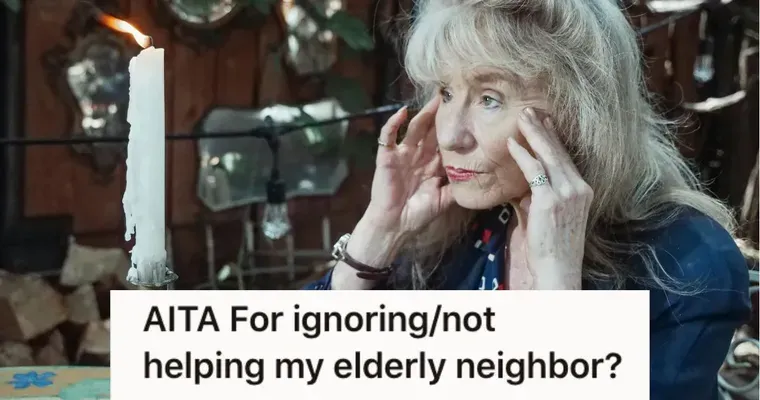
My neighbor is in her 80s has no family and her dementia is getting worse. Who should I contact?
If your neighbor is in her 80s and experiencing worsening dementia without family support, consider contacting local social services, a senior care organization, or adult protective services. They can assess her needs and provide assistance, ensuring she receives the appropriate care and support in her situation.
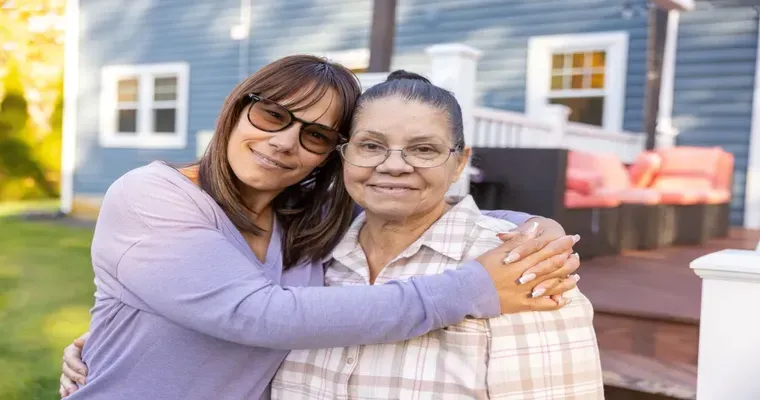
Faraway aunt with dementia and no money; can state/county intervene?
A faraway aunt with dementia and no financial resources may require intervention from local authorities or social services. Depending on the state or county, they can assess her situation, provide assistance, and explore options for care, ensuring her health and safety while addressing her financial limitations.

Who can help an adult with self neglect?
Individuals experiencing self-neglect can seek support from various professionals, including healthcare providers, mental health counselors, social workers, and community organizations. Family members and friends can also play a crucial role in offering assistance and encouragement. Together, they can help address underlying issues and promote healthier lifestyles and well-being.
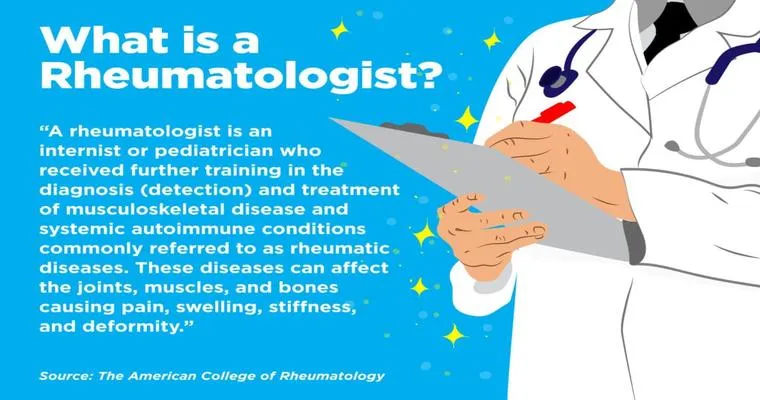
When is it too late to see a rheumatologist?
Seeing a rheumatologist is important for early diagnosis and treatment of autoimmune diseases and arthritis. Delaying consultation can lead to irreversible joint damage and complications. It's never truly "too late" to seek help, but earlier intervention often results in better outcomes and improved quality of life for patients.

Need advice for difficult mother.
Navigating a challenging relationship with a difficult mother can be emotionally draining. It’s essential to establish healthy boundaries while maintaining open communication. Seeking support from friends or a therapist can provide perspective and coping strategies, helping you to better understand her behavior and improve your own well-being.

I have limited arm movement. I need an undeshirt that is as smooth as skin. Suggestions?
If you have limited arm movement and seek a comfortable undershirt, look for options made from soft, stretchy materials like modal or bamboo. Seamless designs can enhance comfort, while features like tagless labels and breathable fabrics can provide a smooth feel against the skin, ensuring ease of wear throughout the day.

I am 47 yrs old and I am disabled. I live with my parents, could my mom get paid for taking care of me?
At 47 years old and living with my parents, I face challenges due to my disability. My mother provides essential care and support, raising the question of whether she could receive compensation for her caregiving efforts, which significantly impact both our lives and enhance my quality of living.

My 94-year-old mother is in AL. She has rheumatoid and osteo arthritis. Her excruciating pain isn’t being managed. What can we do?
My 94-year-old mother, residing in assisted living, suffers from rheumatoid and osteoarthritis. Despite her significant pain, her current pain management is inadequate. It's essential to consult her healthcare provider for a comprehensive pain management plan, explore alternative therapies, and ensure her comfort and quality of life are prioritized.

How can I try to keep my mom out of a wheelchair? She has advancing dementia. She has advancing arthritis in her right hip. I know walking is painful.
To help keep your mom mobile, focus on gentle exercises to strengthen her muscles and improve flexibility, while consulting her doctor for suitable options. Encourage short, assisted walks around the house and consider using supportive devices like walkers. Create a comfortable environment that minimizes fall risks, ensuring she feels safe and supported.

My dear wife has been diagnosed with dementia of the Alzheimer’s kind as of 8 years ago. I need help with pain fixation and anxiety.
My wife has been living with Alzheimer's for eight years, and I am seeking support to manage her pain and anxiety. The challenges of her condition have become increasingly difficult, and I want to ensure she experiences comfort and peace during this journey, while also caring for my own well-being.

Question about dealing with "all or nothing thinking" and splitting. These are common with Borderline Personality disorder.
All-or-nothing thinking and splitting are cognitive patterns often seen in individuals with Borderline Personality Disorder. These thought processes involve viewing situations or people in extremes, leading to intense emotional responses. Addressing these patterns through therapy can help individuals develop a more balanced perspective and improve emotional regulation.

Not sure how to say this without it sound like I'm a horrible human.
Navigating sensitive topics can be challenging, especially when expressing feelings that may seem unkind. It's important to communicate honestly while being mindful of others' emotions. Finding the right words can help convey your thoughts without causing hurt, fostering understanding and compassion in difficult conversations.
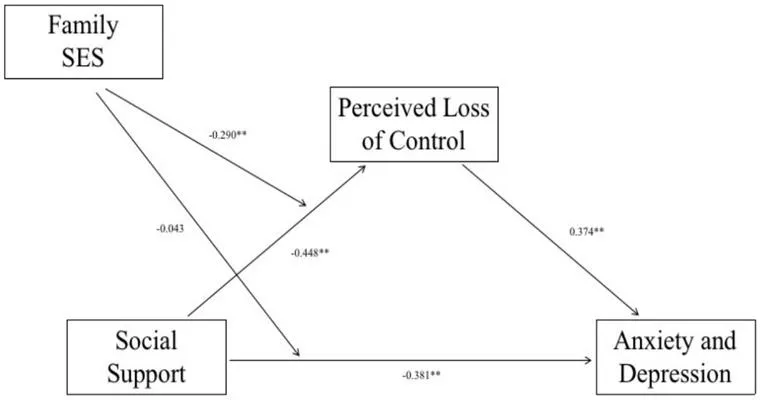
Family history research has left me full of anxiety.
Delving into my family's history has become a source of anxiety, as each discovery reveals deeper complexities and unresolved questions. The more I uncover about past struggles and secrets, the heavier the weight of unfulfilled expectations and emotional burdens seems to grow, making the journey both enlightening and overwhelming.
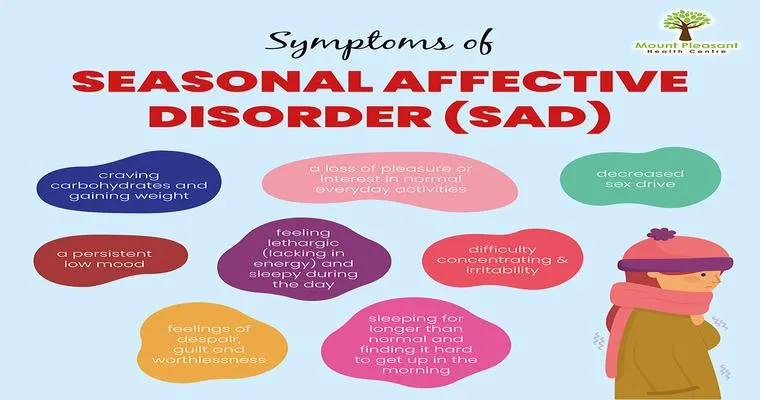
SAD: Seasonal Affective Disorder and morning anxiety
Seasonal Affective Disorder is a type of depression that occurs during specific seasons, typically winter, when daylight hours are shorter. Individuals may experience symptoms like fatigue, low mood, and increased anxiety. Morning anxiety can exacerbate these feelings, leading to a challenging start to the day, impacting overall well-being and daily functioning.

Tips for travel anxiety?
Travel anxiety can be alleviated by planning ahead, familiarizing yourself with your destination, and practicing relaxation techniques like deep breathing. Staying organized, maintaining a positive mindset, and allowing extra time for unforeseen delays can also help. Engaging in enjoyable activities during your trip can further ease stress and enhance your experience.
Page 123 of 134